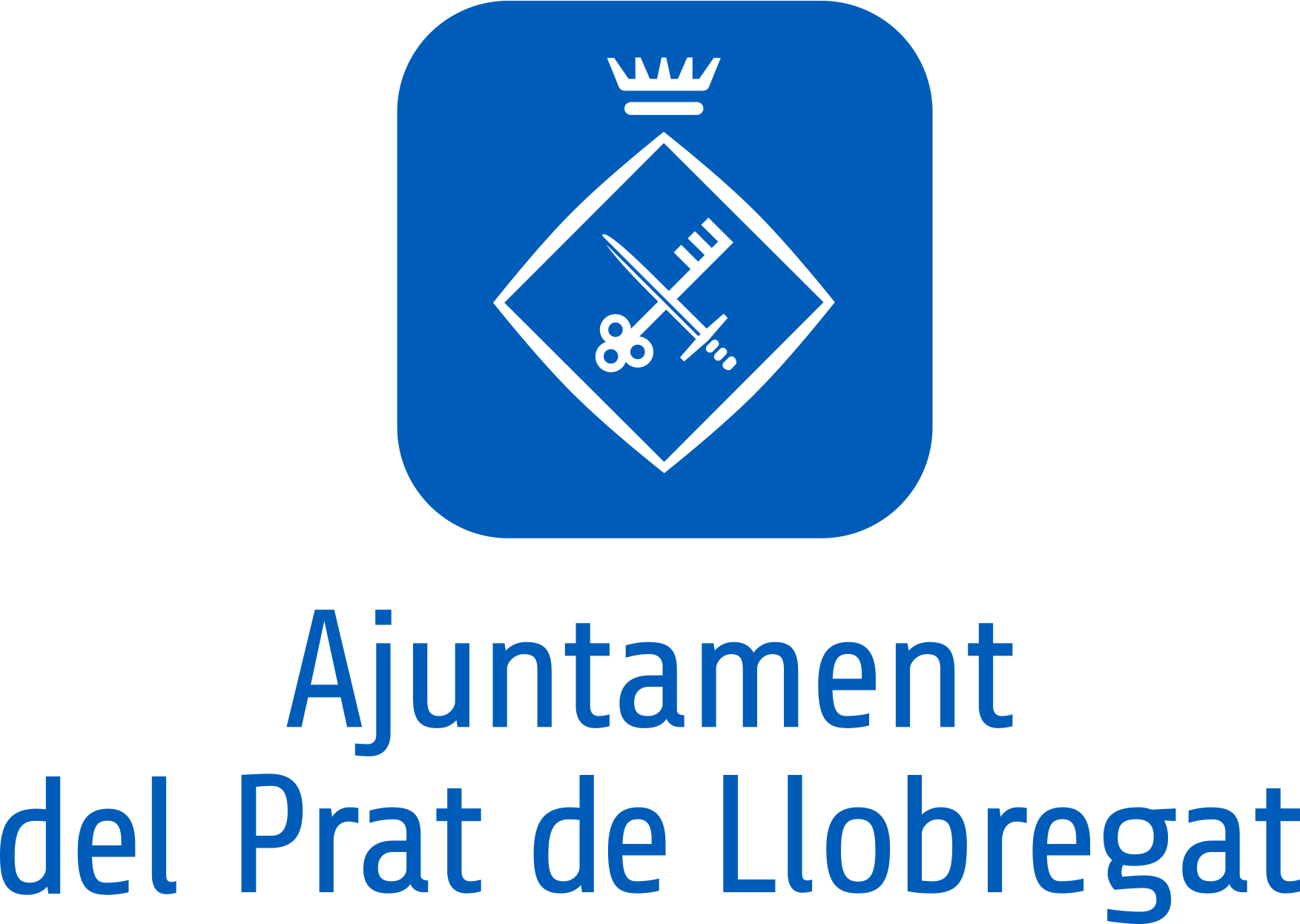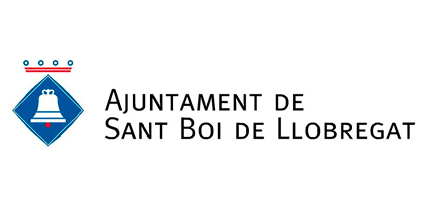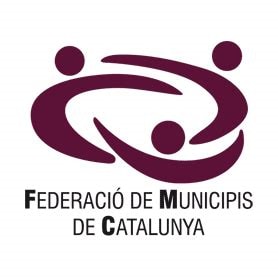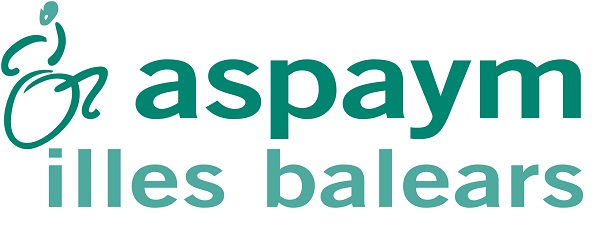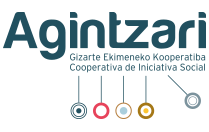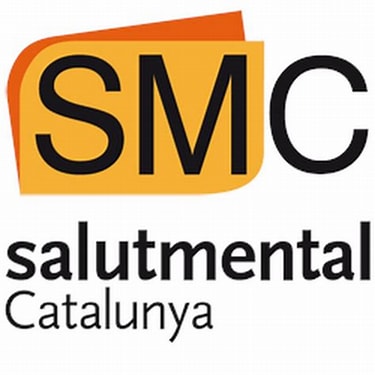From Person-Centered Care to Self-directed Support
Description
Training-action program for social workers from municipalities and NGOs.
“All human beings are born free and equal in dignity and rights” (Universal Declaration of Human Rights, Article 1, 1948)
In the last years the person-centered approach has been consolidated and social workers use it for their interventions. Today we know that it is not so much about putting the person in the center and social workers making decisions on behalf of that person, based on his/her will and rights, but about offering the support the person needs to be able to make his/her own decisions.
The European Model of Self-directed Support seeks to guarantee and preserve this approach: to support and escort the people who approach the Social Services in taking decisions so, at every moment, they have the possibility of choosing and controlling how the action or support plan is organized to achieve the results agreed with the professionals, based on the person will and rights.
Recipients
Social workers of municipalities or third sector organisations.
Goal
To introduce the approach of Self-directed Support in the care of users of Social Services of public institutions and the third sector, considering the different situations and variants of profiles that social workers must attend.
Format and duration
Online, through the Zoom platform. Editions in spanish and in catalan. The course consists of 24,5 hours divided into 6 theorical workshops and 5 practical sessions.
Coordination
Nuria Ambrós: Graduate in psychology, graduated in teaching, social education and learning management in organizations, and master’s degree in integration of people with intellectual disabilities. For the last ten years she has specialized in training, advising and accompanying third sector organizations throughout Spain in the implementation of person-centered practices.
Other editions
- For editions commissioned, please write to formacio@isocial.cat
This training program can be complemented after with an advisor service for the practical implementation of this methodology.
| Nº | Duration | Workshop |
|---|---|---|
| 1 | 2h | Improve the social action from the perspective of Human Rights |
| 2 | 2h | Theoretical framework of Person-Centered Care (PCC) and Self-directed Support |
| 3 | 2,5h | Practical session 1 – Defining customization and control |
| 4 | 2,5h | Practical session 2 – Supporting Roles of the Self-Directed Support |
| 5 | 2,5h | Practical Session 3 – Co-production, at the heart of Self-Directed Support |
| 6 | 2,5h | Workshop 4 – Person-centered evaluation and decision-making |
| 7 | 2,5h | Practical Session 5 – Elaboration of personal plans, with the community as a living scenario |
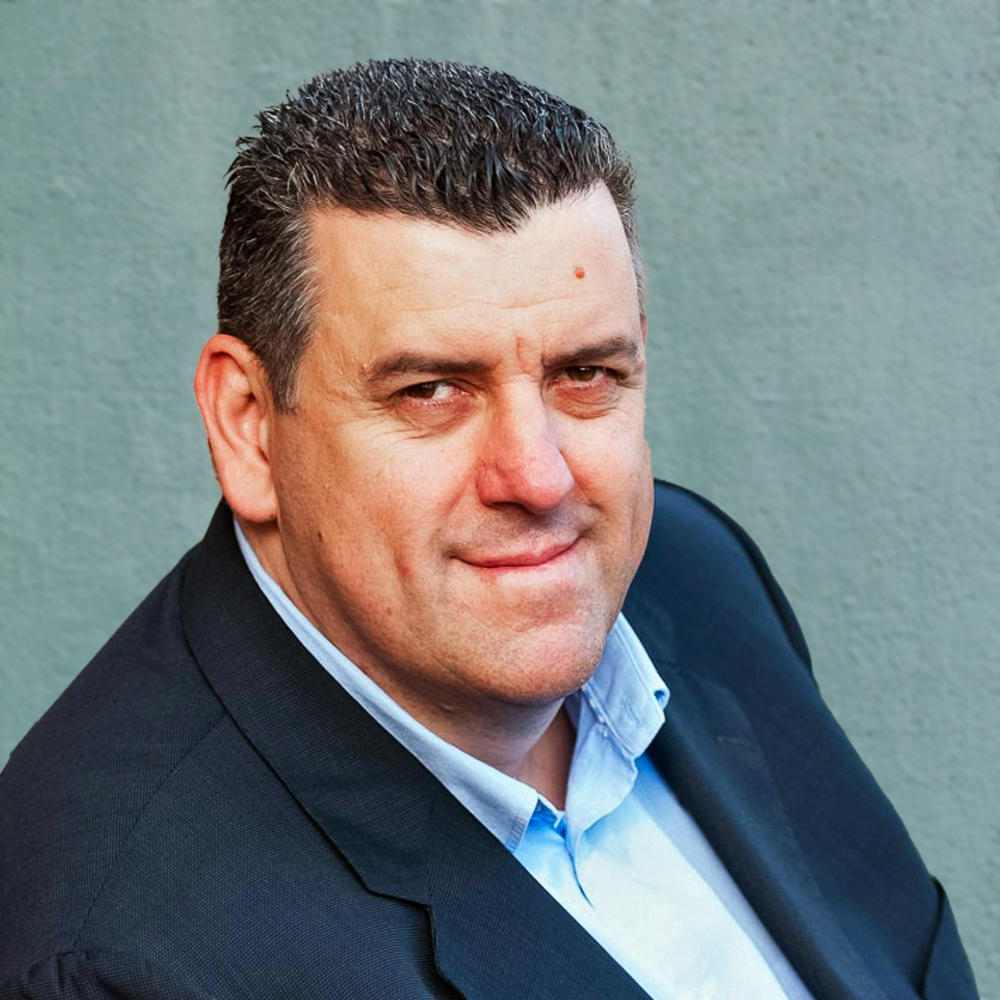
Josep Maria Solé
Lawyer Secretary of the Board of Trustees of the iSocial Foundation. Director of SUPPORT-Girona. Patron and president of the Social Council of the Guttman Institute. Vice-president of the DRISSA Foundation. Vice-president of the Campus Arnau d’Escala Foundation. Member of the board of directors of the European Association of Service Providers for Persons with Disabilities.
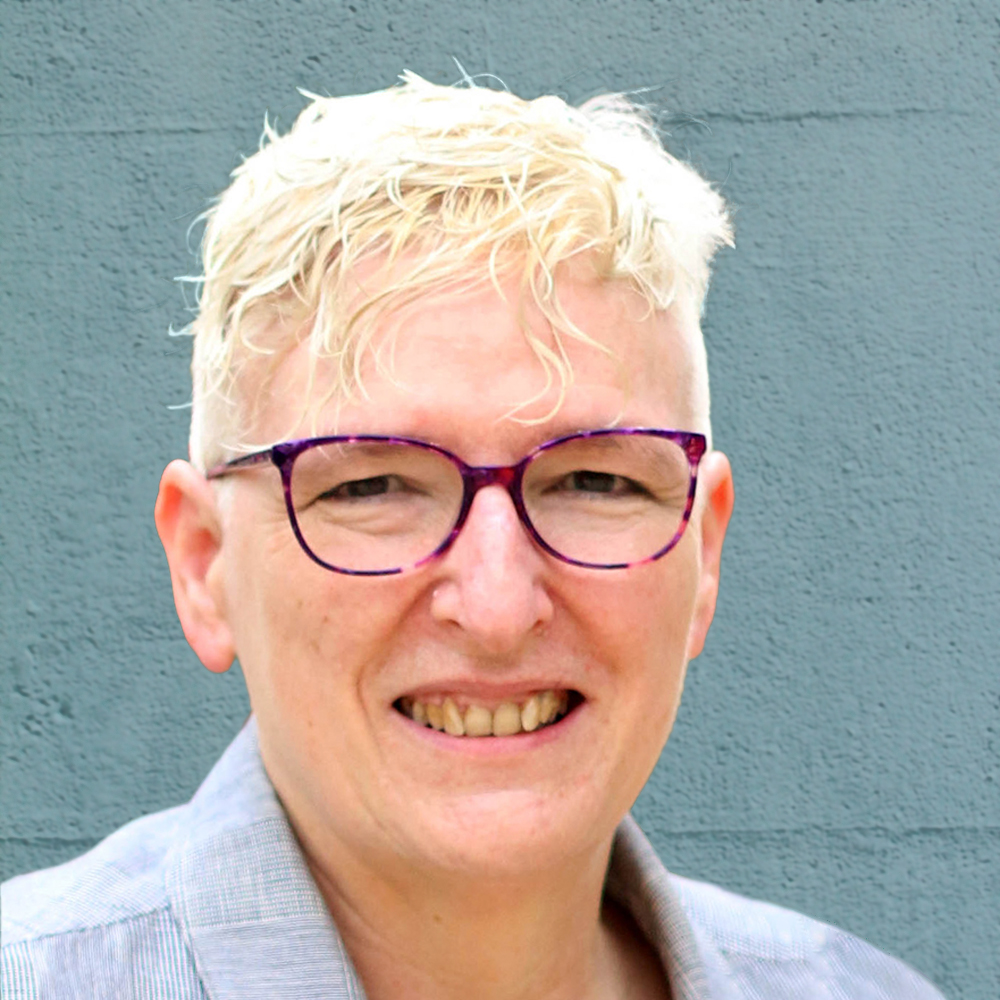
Núria Fustier
PhD in Social Work and Degree in Law, professor at the School of Social Work at the University of Barcelona. With 25 years of experience in Social Services: director of the Social Services of Santa Coloma de Gramenet; evaluation and planning at the Provincial Council of Barcelona and member of the team of the I Strategic Plan for Social Services of Catalonia.
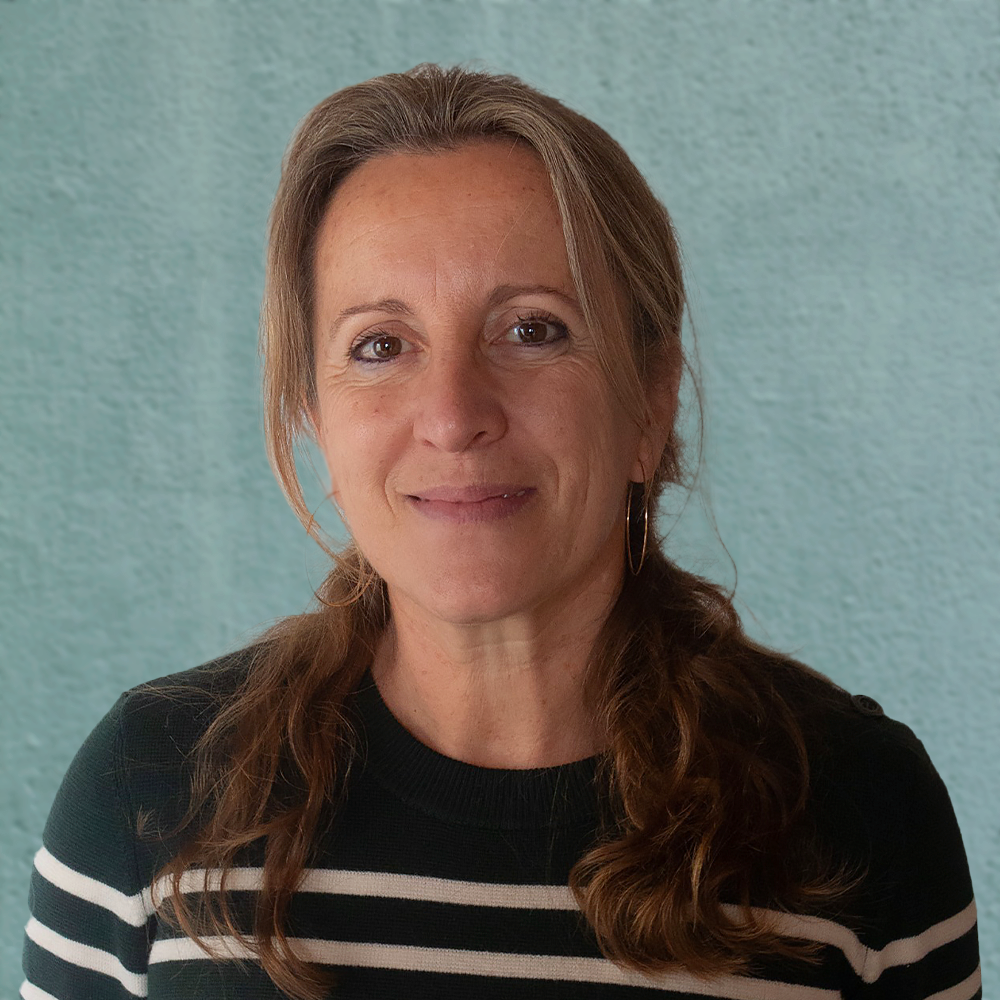
Núria Ambrós
Degree in psychology, diploma in teaching, social education and learning management in organizations, and master’s degree in integration of people with intellectual disabilities. For the last ten years, he has specialized in training, advising and accompanying third sector entities throughout Spain in the implementation of person-centered practices.
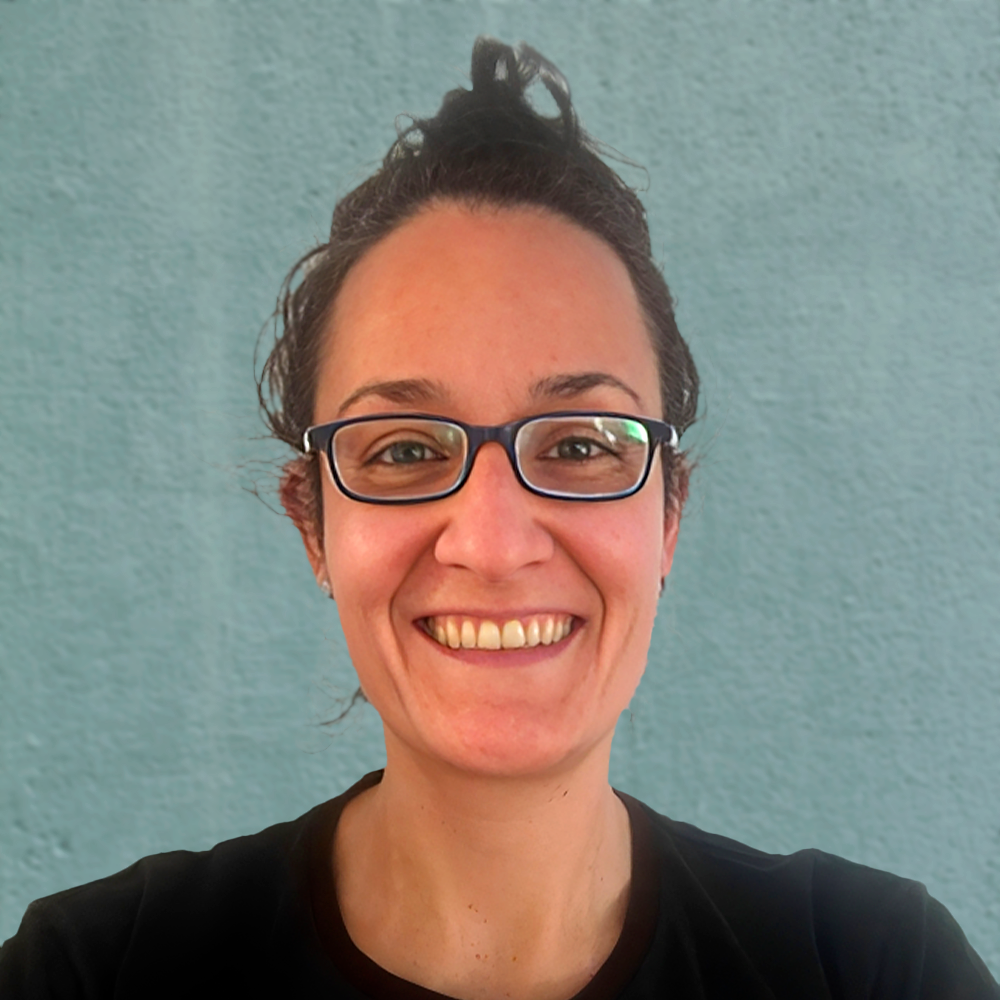
Ana Rodera
PhD in education and technology, professor at the UOC, specialist in the dynamism and support of innovation processes in organizations, with more than twenty years of experience in training and advising institutions in Catalonia and Latin America.

